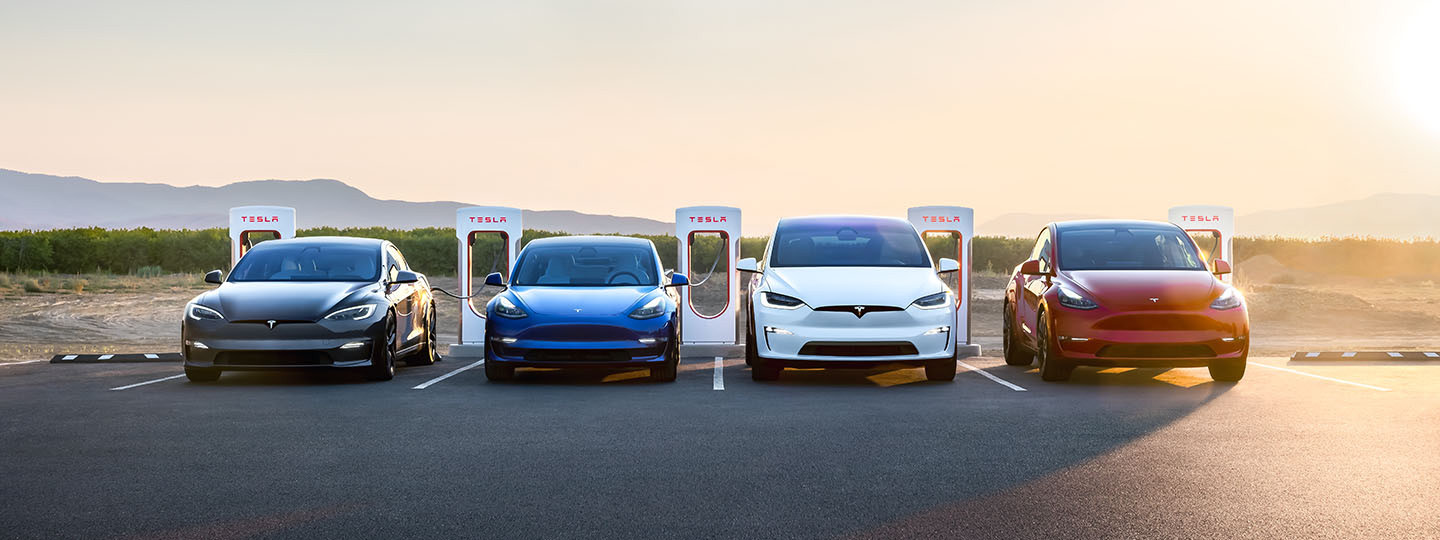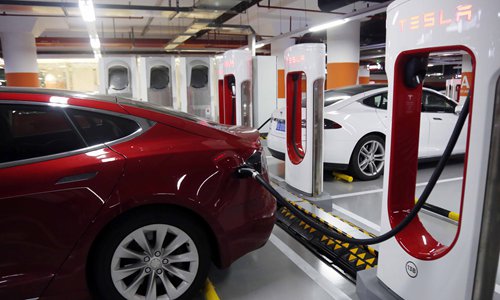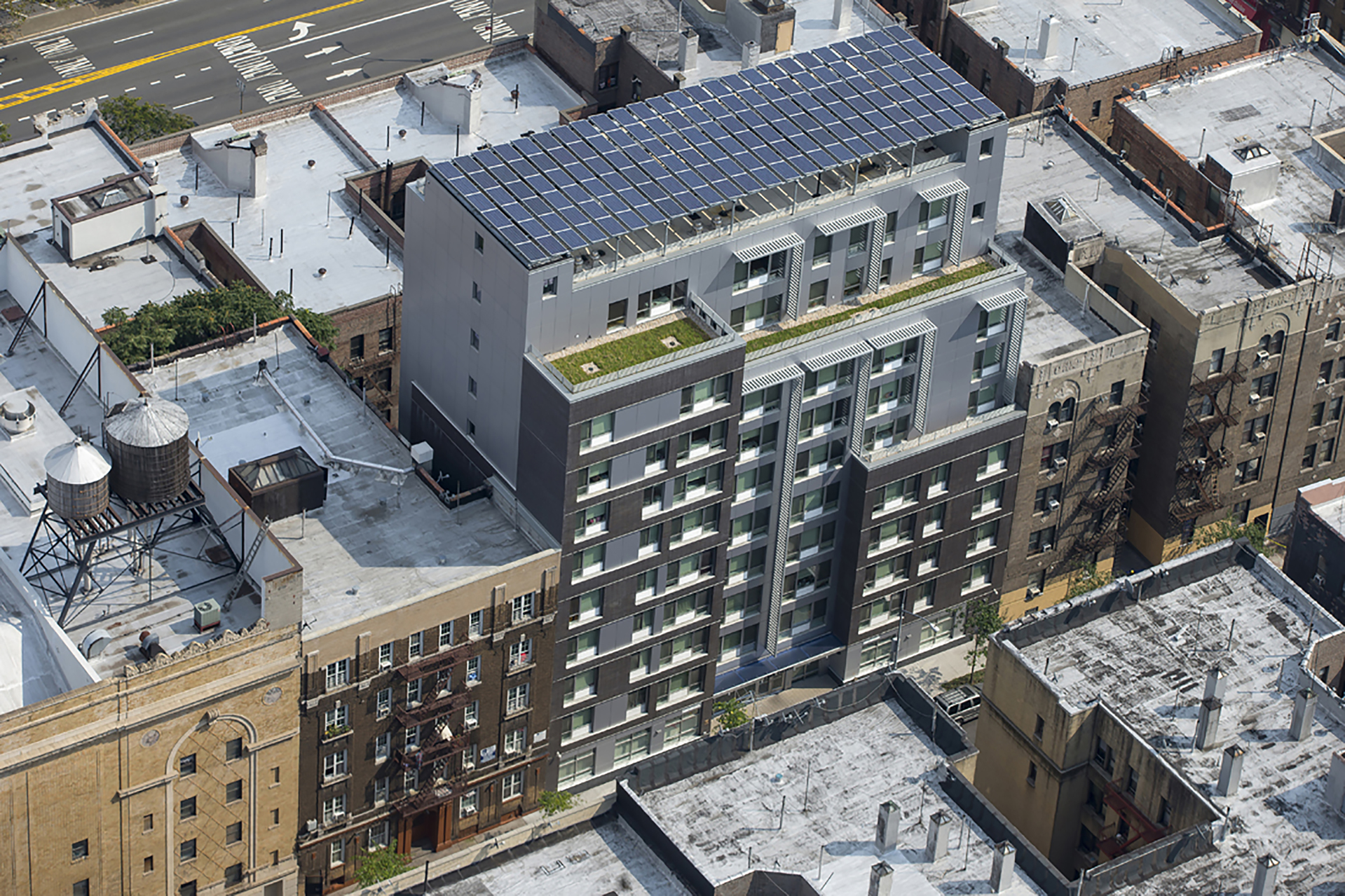ByeByeJohnny
Active Member
There is a huge benefit to Cybertrucks (or any trucks that are actually used as trucks).Yeah I was thinking beyond 2025 for high volume CT sales. Sorry, I forgot you were talking about ‘24-‘25.
Model 3 and Y can support 5 million per year I think.
Even if robotaxis becomes relevant in the semishort time span of say 3-5 years and regular car sales start flatlining or going down, trucks (and vans) will continue to be needed longer. It will take some time before FSD will be able to handle a construction worker driving onto a build site needing to back up perfectly to something to load/unload. Or get a van with FSD to double park somewhere while doing deliveries.
There will be a market for privately owned trucks/vans with a steering wheel for a long time yet.






